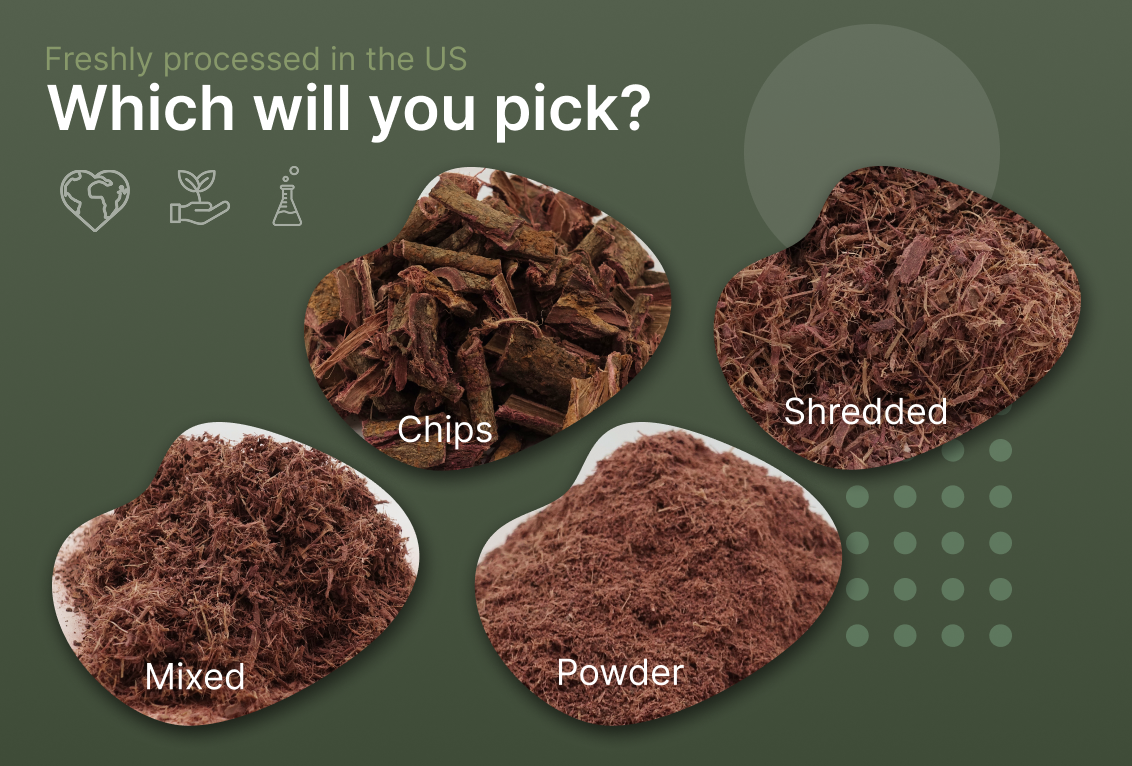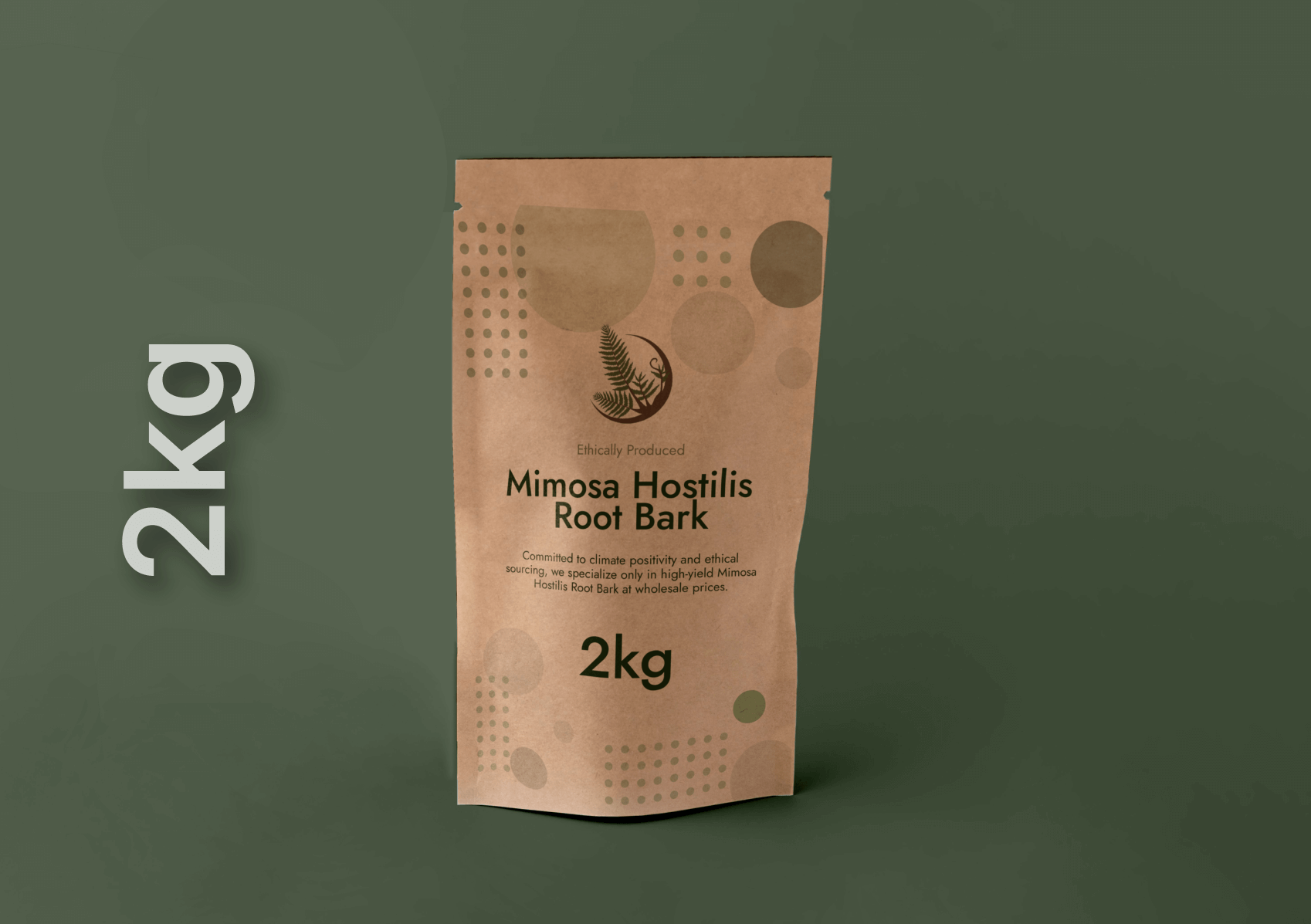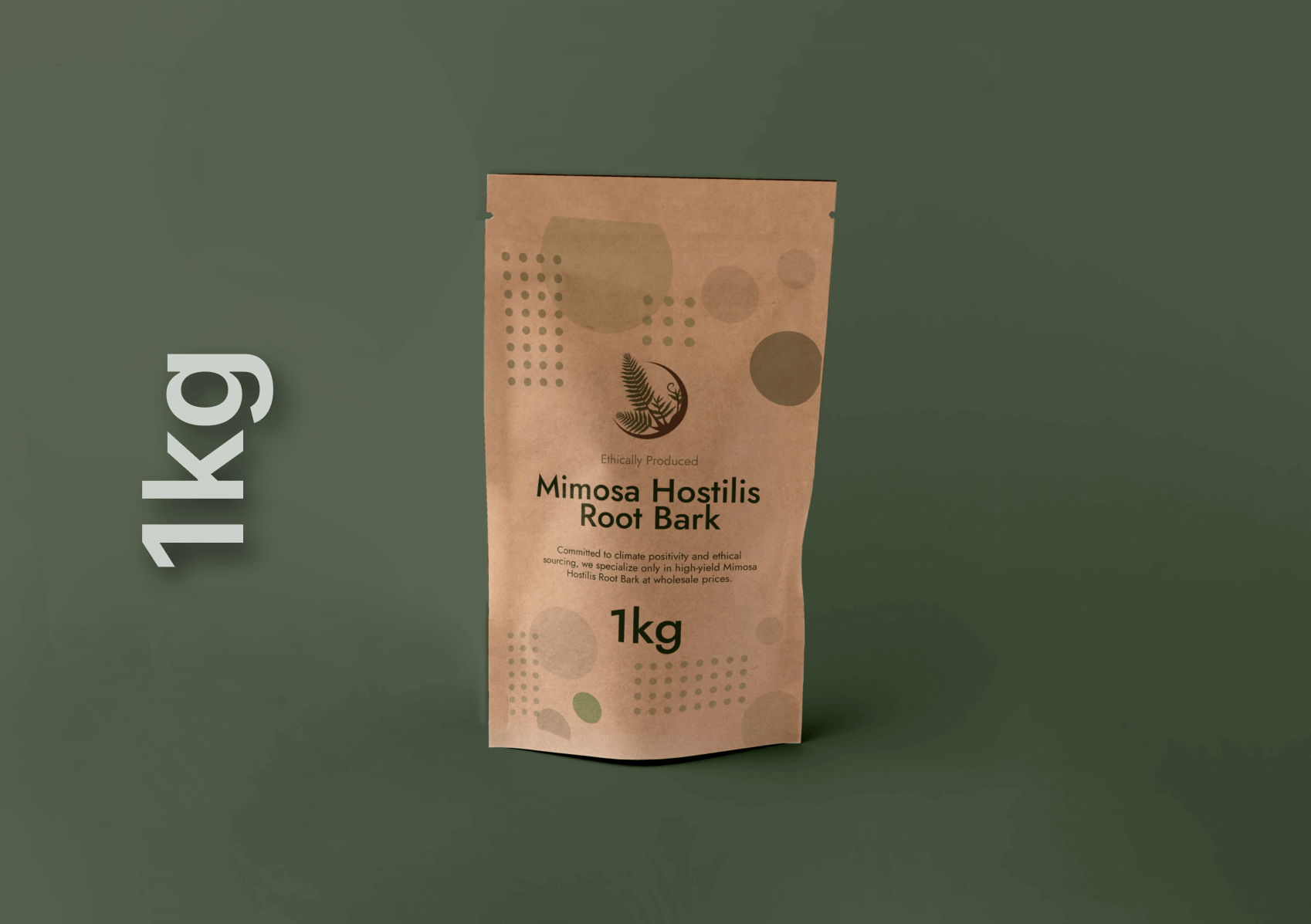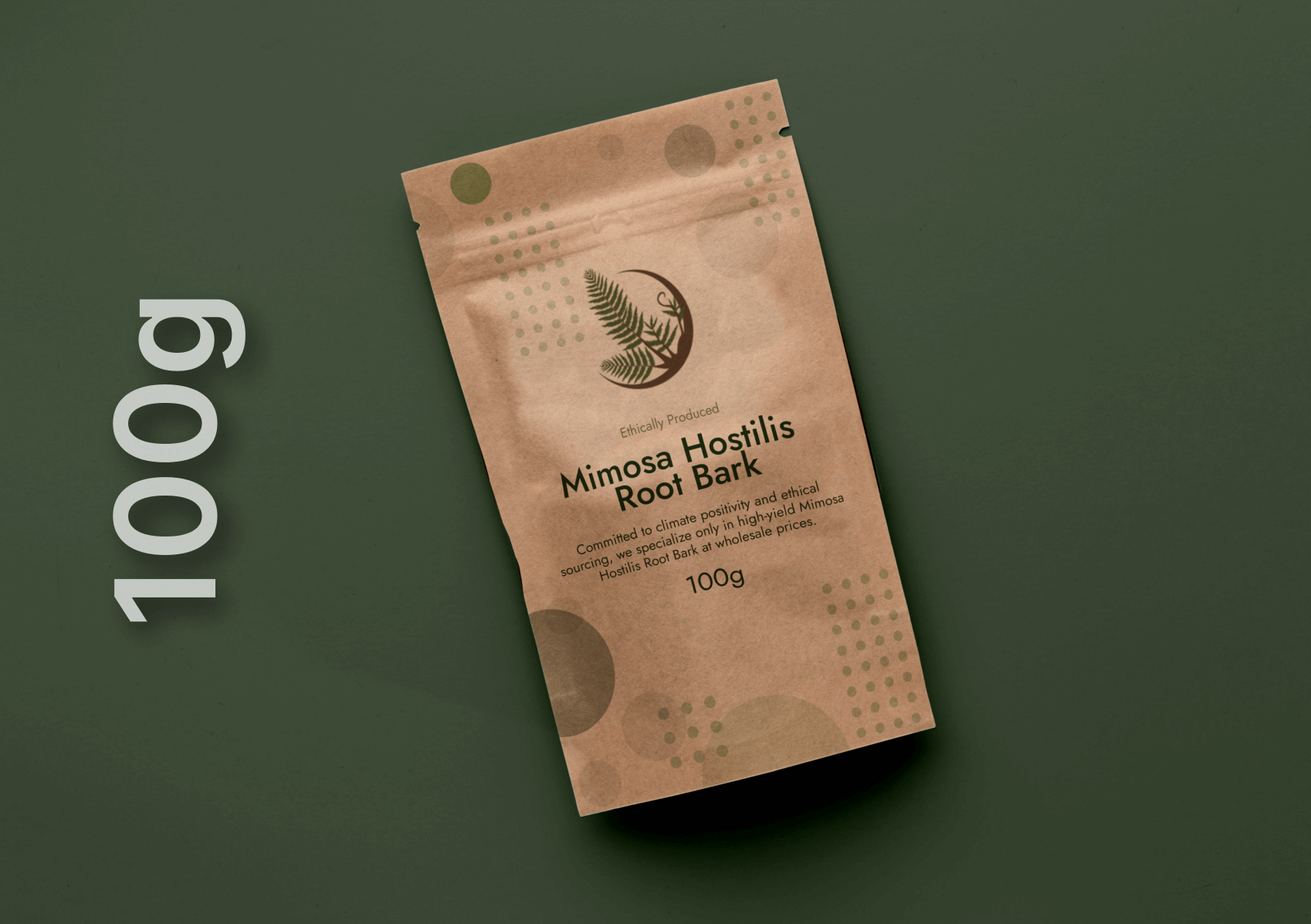Mimosa Hostilis, also known as Jurema Preta, has long been used in traditional medicine for its healing and regenerative properties. Beyond its applications in skincare, dyeing, and spiritual practices, modern science has started to investigate its potential as a powerful anti-inflammatory agent. In this article, we’ll delve into the science behind Mimosa Hostilis’s anti-inflammatory properties, exploring how it can be used to treat a variety of ailments naturally and effectively.
How Does Inflammation Affect the Body?
Inflammation is a natural immune response triggered by the body to heal injuries or fight infections. However, chronic inflammation can lead to various health issues, including arthritis, cardiovascular diseases, and even certain cancers. Many modern treatments target inflammation, but they can come with side effects. This is where natural remedies like Mimosa Hostilis step in, offering a safer, gentler approach.
The Anti-Inflammatory Compounds in Mimosa Hostilis
Mimosa Hostilis bark contains several bioactive compounds that contribute to its anti-inflammatory properties. These include tannins, flavonoids, and alkaloids, all of which work together to reduce inflammation and promote healing. Flavonoids, in particular, are known for their antioxidant properties, which help neutralize free radicals and reduce oxidative stress, a major contributor to chronic inflammation.
To learn more about the beneficial compounds found in Mimosa Hostilis, explore Exploring the Science Behind Mimosa Tenuiflora’s Healing Properties.
Scientific Studies on Mimosa Hostilis
Research into the anti-inflammatory effects of Mimosa Hostilis is still in its early stages, but initial studies are promising. Laboratory tests have shown that extracts from the bark can inhibit the production of pro-inflammatory cytokines—proteins that signal inflammation in the body. In one study, Mimosa Hostilis extract was found to reduce swelling and inflammation in animal models, further suggesting its potential for treating inflammatory conditions in humans.
For those interested in the role of this plant in natural healing, check out Herbal Healing: Mimosa Tenuiflora in Medicine Then and Now.
Using Mimosa Hostilis for Inflammatory Conditions
Traditionally, Mimosa Hostilis has been used to treat skin conditions like burns, wounds, and ulcers due to its ability to reduce inflammation and speed up healing. Today, it is gaining attention for its potential in treating internal inflammatory conditions such as arthritis and digestive issues. Mimosa Hostilis can be taken in various forms, including teas, powders, and topical applications, making it a versatile option for those looking to manage inflammation naturally.
To find out how Mimosa Hostilis fits into modern skincare formulations, read Mimosa Hostilis in Hair Care: Unlocking the Benefits of Nature’s Wonder Plant.
The Future of Anti-Inflammatory Research on Mimosa Hostilis
As interest in natural remedies grows, so does the research into plants like Mimosa Hostilis. Scientists are continuing to explore its full range of benefits, and its anti-inflammatory properties remain a key area of study. Future research may unlock more of its potential for treating chronic inflammatory diseases, positioning Mimosa Hostilis as a natural alternative to conventional treatments.
For more on its applications in modern industries, visit Formulating Natural Hair Care Products with Mimosa Hostilis: A Guide for Cosmetic Chemists.
Conclusion
Mimosa Hostilis’s anti-inflammatory properties make it an exciting natural remedy for those seeking alternatives to conventional treatments. With its rich history in traditional medicine and growing body of scientific research, this remarkable plant continues to demonstrate its potential in promoting healing and reducing inflammation. Whether applied topically or taken internally, Mimosa Hostilis offers a natural, effective way to manage inflammation and support overall health.




